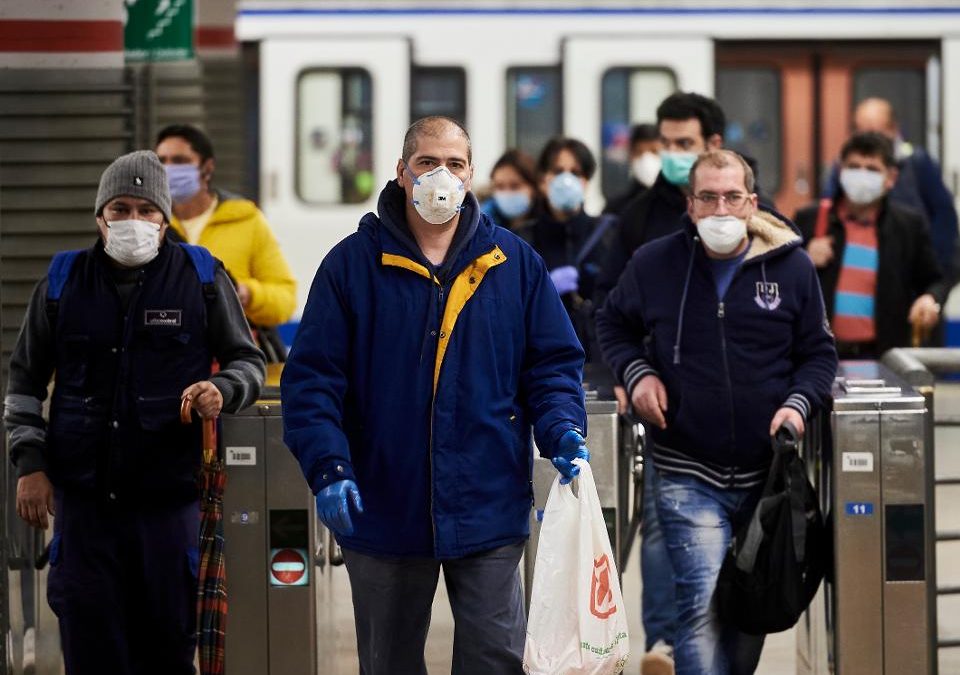As governments around the world ease lockdown measures that were introduced to combat Covid-19, many of us are starting to plan how to return to business. But re-starting operations after a break can present specific gas-related problems and dangers that must be dealt with before operations begin.
A terrible example of what can happen otherwise has recently occurred in India. There, a persistent styrene leak, from a factory that had been closed due to the Covid-19 outbreak, killed at least 11 people, and harmed many more within a radius of several kilometres.
The need to check gas safety after a break in operations applies across many sectors. These include:
-Car plants
-Manufacturing facilities of all types
-Bars, restaurants and hospitality venues
-Leisure centres and swimming pools
-Refineries and chemical processing plants, where operations have been scaled back or stopped due to reduced demand
-Laboratories
-Schools and colleges
-General industrial sites that ceased operations due to Covid-19.
What are the dangers?
While the challenges arising will vary by sector, the most common include:
- Re-pressurisation of systems. Many industries – from schools and colleges to bars and oil refineries – use pressurised systems or equipment such as boilers, steam heating systems, autoclaves, pipework, heat exchangers and refrigeration plant. If these are not correctly pressurised, they may explode, leak or cause contact injuries Any break in operations may have caused or coincided with a change (usually a drop) in pressure.
Some systems contain gases that are inherently toxic/flammable, some gases may be safe in normal process conditions but are now less safe due to changes in pressure or other conditions created by a recent shut-down. In any case, there is a legal duty to maintain pressurised systems (you can find out more from the HSE’s pages here) so it makes sense to check the system before re-starting operations, and to re-pressurise the system if required.
- Areas used to store toxic and/or flammable gases that have not been entered for some time. This is likely to be a widespread danger because such areas are not always industrial. Swimming pool operators store chlorine; cafes, schools and colleges store gases for educational and catering purposes; food-makers, pubs and bars use gases in the manufacture and dispensing of beverages. If gas has leaked during a Covid-19 shut-down, it may endanger property and staff when operations begin again. Alternatively, the break could mean that gases are no longer stored at their optimum pressure or temperature.
- It should also be noted that some stored goods may emit toxic or flammable gases if they have been left for a long period. For example, methane and hydrogen sulphide may be generated by organic matter that has begun to degrade or ferment.
- Re-starting production or operations where materials/chemicals have been left unattended for some time can also be hazardous. For example, anything stored at a specific pressure may have experienced a change in that pressure, and materials stored in sub-optimal conditions (e.g. in terms of ambient temperature, pressure, exposure to light or operation) may now be unfit for purpose or even dangerous.
What should I do before re-starting operations?
Gas hazards should form part of your re-starting operations risk assessment.
When it comes to gas, Gas & Controls has a wealth of knowledge gathered over many years from representing brands such as Crowcon assisting clients in providing industry leading gas detection equipment and maintenance solutions. If you need reliable information about the gas-related dangers that may arise on your own return to operations If you have any other questions relating to the post-Covid return, please get in touch.

